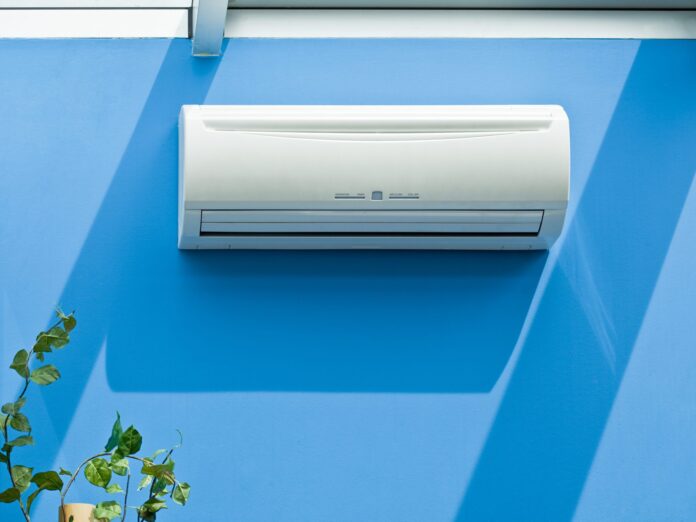Size Matters
When it comes to cooling your home, size matters. That’s why it’s important to choose the right air conditioner for your space. But how do you know what size AC unit you need?
The first step is to calculate the square footage of the area you want to cool. To do this, simply measure the length and width of the room in feet, then multiply those numbers together. Once you have the square footage, consult a sizing chart to find the recommended AC unit size for that area.
Another factor to consider is the number of people who typically occupy the space. The more people there are, the higher the BTU (British Thermal Unit) rating should be. You’ll also want to take into account any heat-generating appliances in the room, such as a TV or computer.
Finally, think about how hot it gets in your area and how well insulated your home is. If you live in a hot climate or your home isn’t well insulated, you may need a higher BTU rating to stay cool and comfortable.
By taking these factors into account, you can make sure you choose an air conditioner that is just the right size for your needs.
British Thermal Units
BTUs, or British Thermal Units, are a measure of heat energy. To put it simply, the higher the BTU rating of a device, the more heat it can produce. When choosing an air conditioner (AC) for your home, it’s important to consider the unit’s BTUs. A unit with too high of a BTU rating will cool your home too quickly, resulting in wasted energy and potential condensation problems. On the other hand, a unit with too low of a BTU rating will have to work overtime to cool your home, causing it to wear out more quickly. In general, you’ll want an AC unit with a BTU rating that’s appropriate for the size of your home. Once you’ve taken these factors into account, you’ll be on your way to finding the perfect AC unit for your needs.
Types of Air Conditioners
There are a variety of air conditioners on the market, each with their own set of pros and cons. Window units are one of the most popular options, as they are relatively inexpensive and easy to install. However, they can be somewhat noisy and may block views. Portable units are another popular choice, as they can be easily moved from room to room. However, they can be quite bulky and may not work well in larger spaces. Split systems are a more permanent option, as they require professional installation. However, they are much quieter than window units and can be used to cool multiple rooms at once. Central air is the most expensive option, but it is also the most efficient way to cool a home or office.
Installation and Maintenance
Installation and maintenance of your new air conditioner are important to get the most out of your purchase and to keep your energy bills low all summer long. Here are some tips for the installation and maintenance of your new air conditioner.
First, make sure to have a professional install your new air conditioner. This will ensure that it is properly installed and that all the connections are made correctly.
Second, be sure to read the manufacturer’s instructions carefully before operating your new air conditioner. This will help you to understand how it works and what settings to use in order to achieve the best results. Third, once your air conditioner is installed, be sure to keep the area around it clean and free of debris. This will help to prevent the unit from overworking and will also extend its lifespan. Finally, be sure to schedule regular maintenance appointments with a qualified technician. This will ensure that your air conditioner is running smoothly and efficiently all summer long. By following these tips, you can enjoy cool, comfortable indoor temperatures all summer long without breaking the bank.











